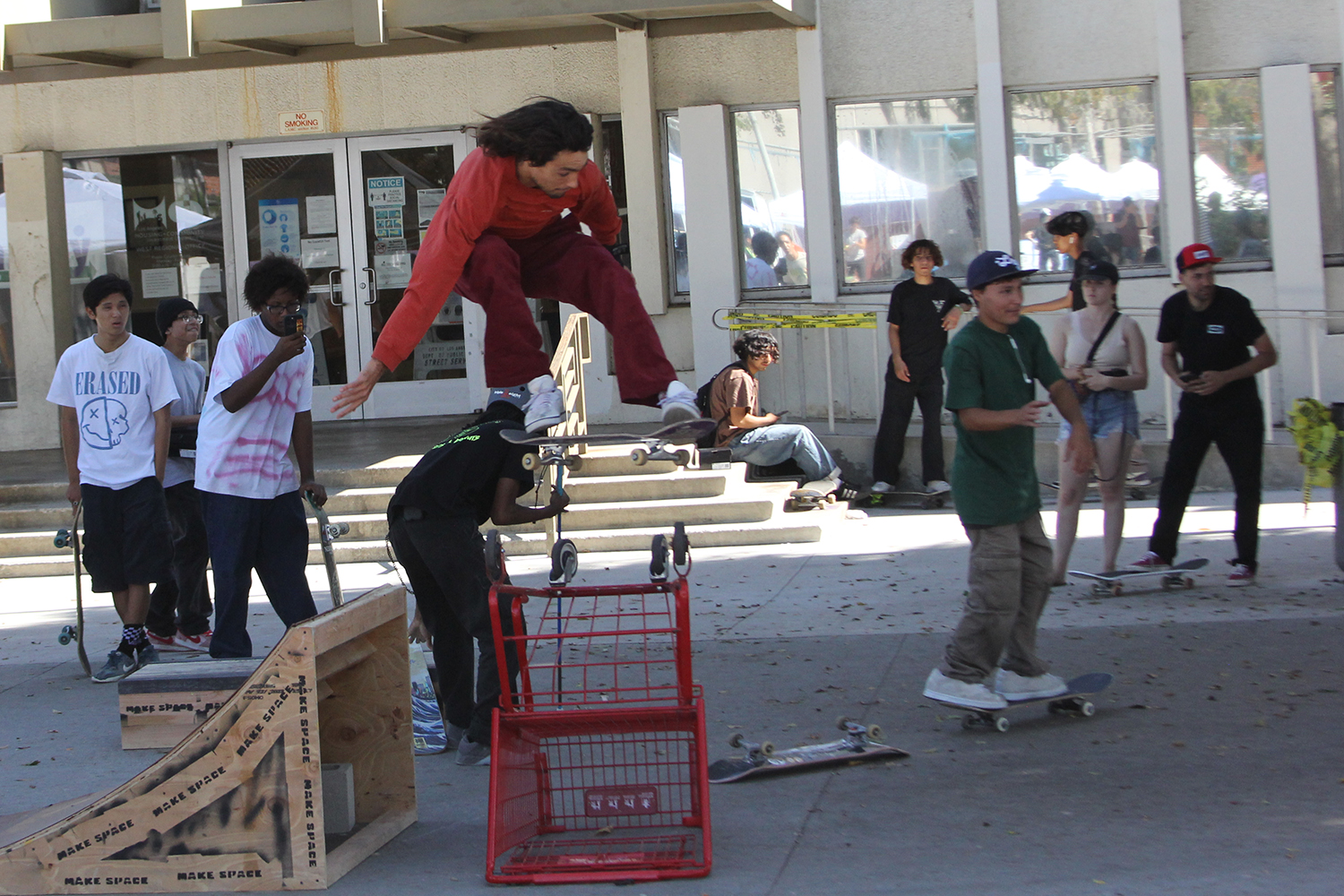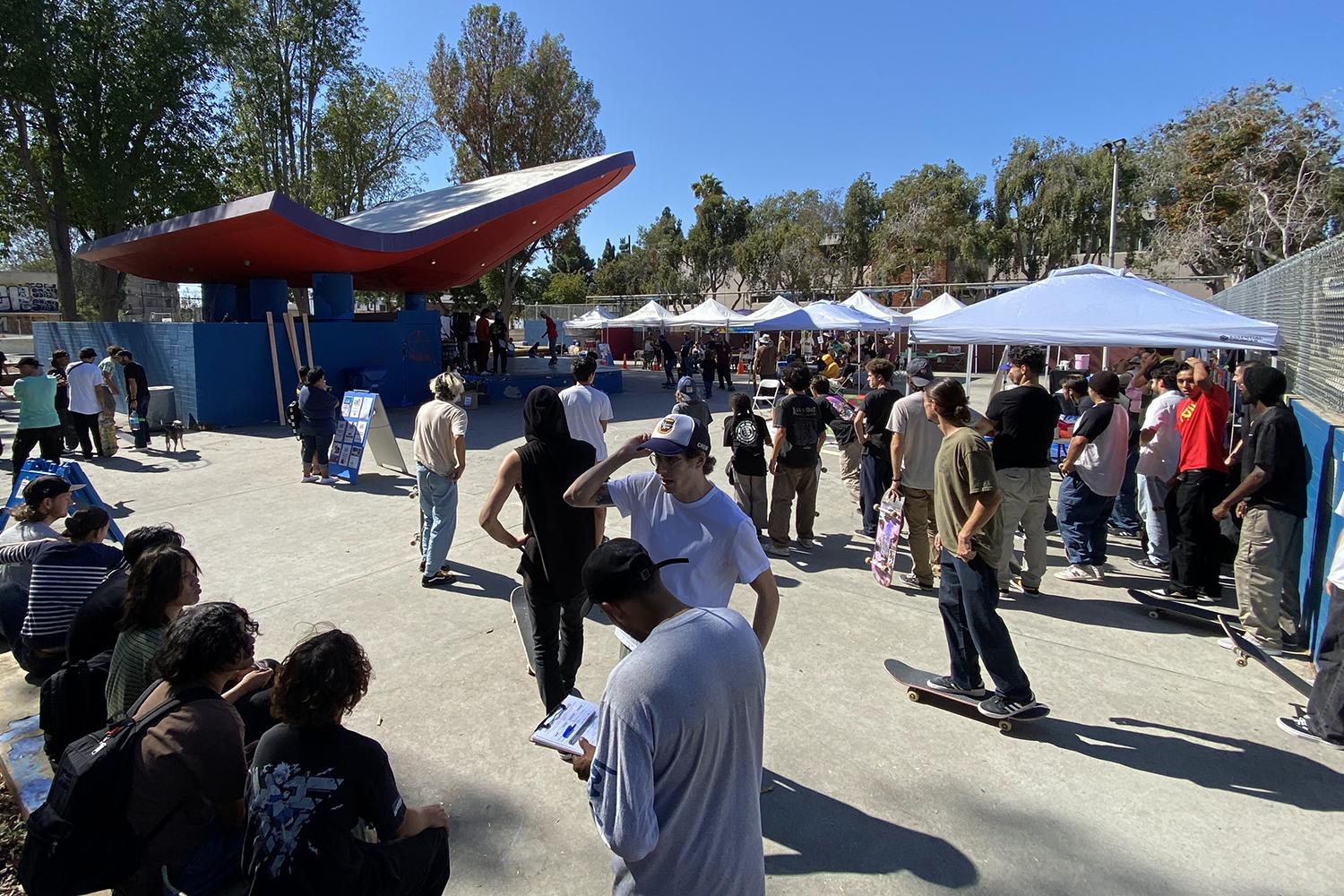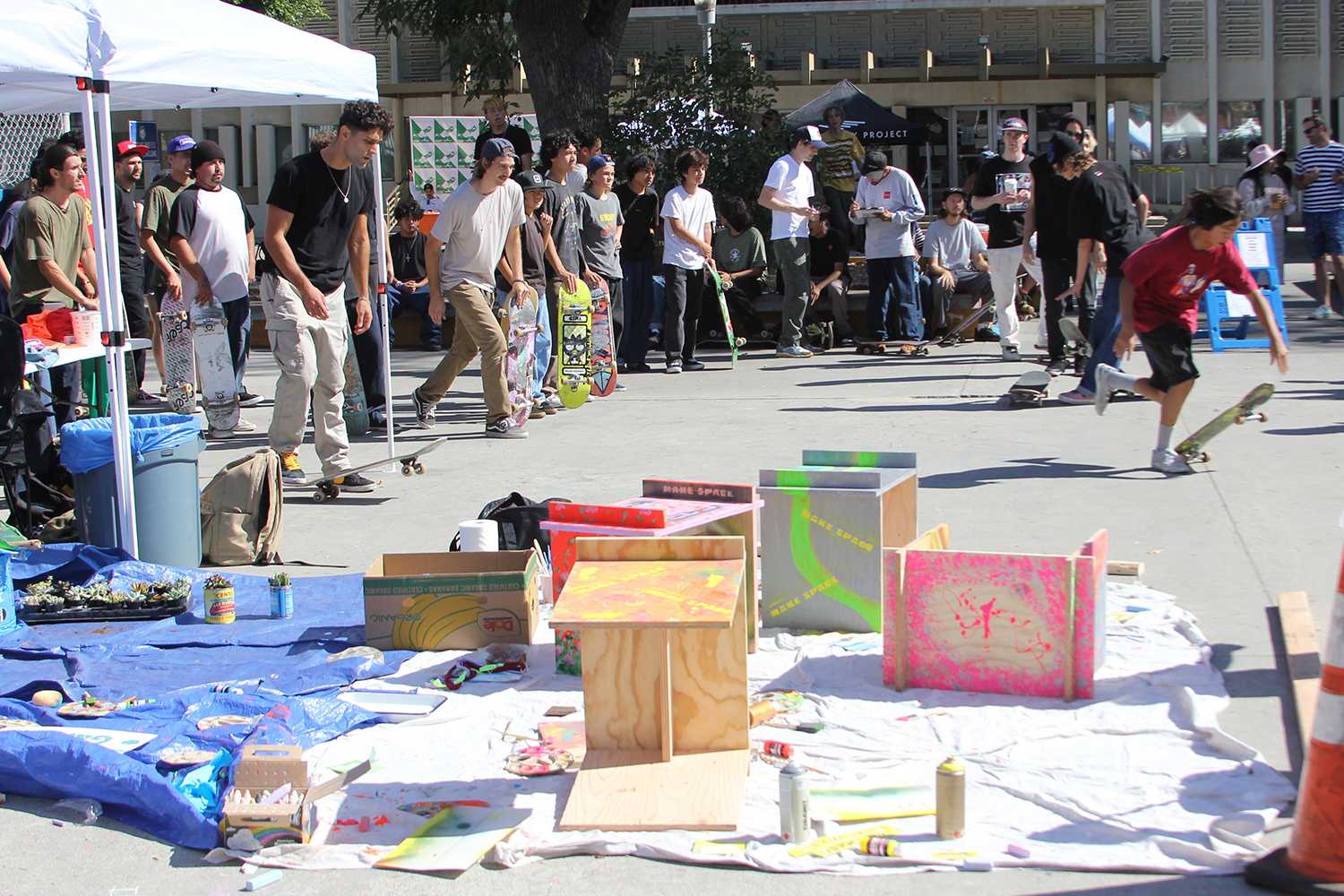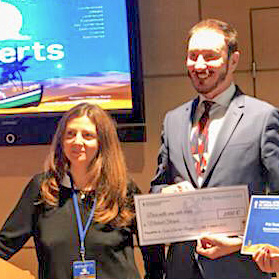Message From the Dean: Recent Events in the L.A. City Council All of us — not just prominent people and elected officials but especially them — must do more to make the world a safer, saner place.
Oct. 11, 2022
Friends, Colleagues, Students:
I am once again called upon to communicate to you in a moment where I find myself almost speechless. The wildly offensive racist, anti-Black, anti-indigenous, antisemitic and homophobic conversation among three members of the City Council and a local labor leader deserves all the condemnation it’s receiving and then some. That one party of the conversation was, until two years ago, a member of this academic community is personally painful and deeply disappointing.
We are called upon in moments like this to remember that the cause of human equality and a commitment to decency, equity, and inclusiveness is an ongoing project, one requiring self-examination and vigilance. Let us use this moment to once again repudiate anti-Blackness, repudiate derision directed toward indigenous communities, repudiate antisemitism, repudiate homophobia and demand that all of us — not just prominent people and elected officials but especially them — do better and do more to make the world a safer, saner place in which we all might flourish.
The School is not permitted to take public political positions. However, I wanted you to hear from me that today, in my personal capacity, I signed onto a letter from community and civic leaders across academic, philanthropic and political organizations. The letter calls for the resignation of all three officials, an important first step toward rectifying this injustice and allowing healing to begin.
Our times remain vexed. Emotions remain high. Let’s work to make our better selves the authors of the future.
In solidarity,
Gary M. Segura
Professor and Dean









